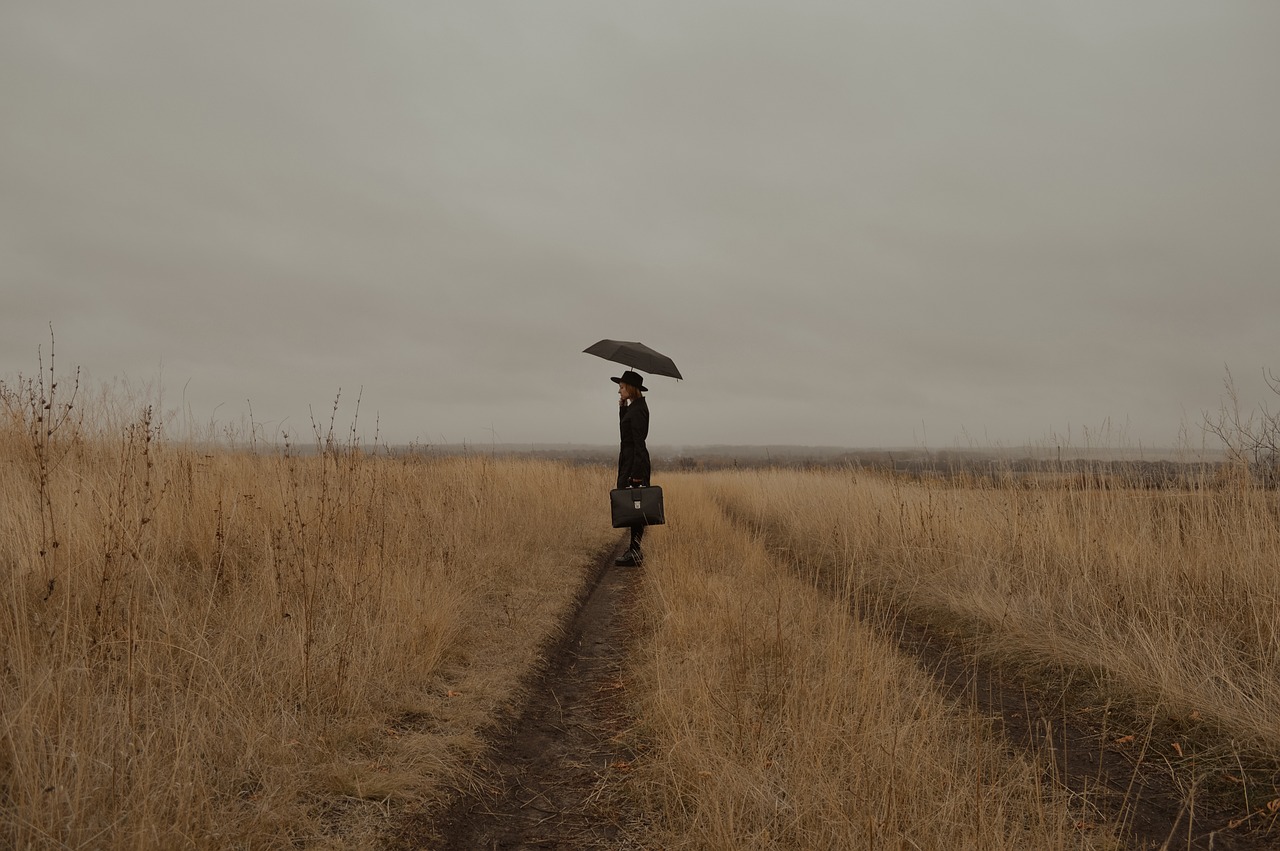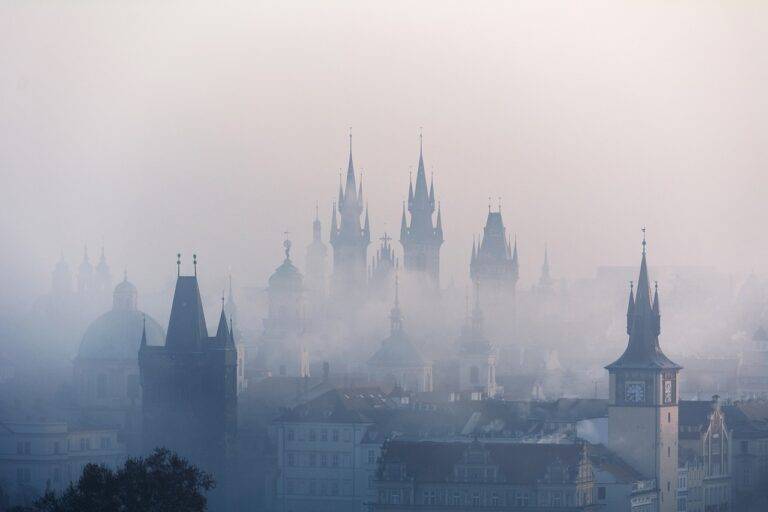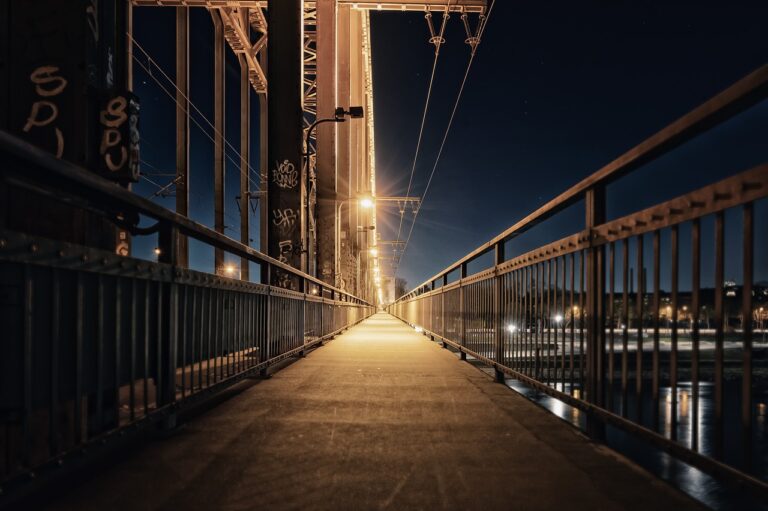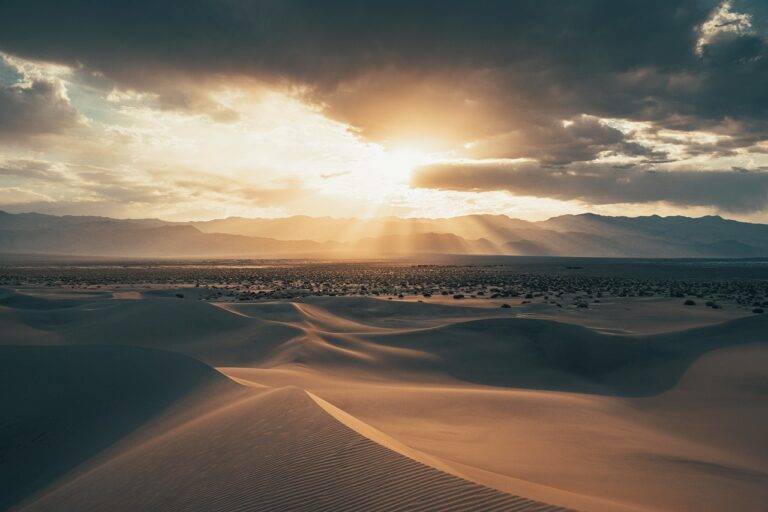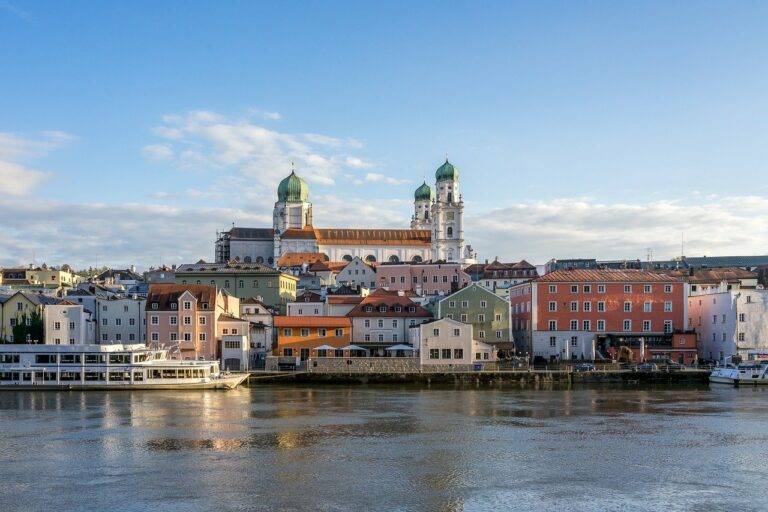The Allure of Sacred Waterfalls: Spiritual Sites, Healing Waters, and Sacred Pools Around the World
Playinexch, Iceexchange: Waterfalls have long held a special place in various spiritual practices and belief systems around the world. The sight and sound of cascading water often evoke feelings of awe and wonder, leading many to view waterfalls as symbols of power, renewal, and transformation. It is believed that the energy and movement of waterfalls can cleanse the spirit and offer a sense of rejuvenation to those who seek solace in their presence.
In many cultures, waterfalls are considered sacred sites where individuals can connect with the divine and seek guidance or healing. The mesmerizing beauty of water plunging from great heights is often seen as a reflection of the power and creativity of the natural world, inspiring reverence and respect. Whether through meditation, prayer, or ritual practices, people have sought to tap into the spiritual energy of waterfalls for centuries, finding solace and inspiration in their timeless beauty.
The Connection Between Waterfalls and Spiritual Beliefs
Waterfalls have long been revered in various spiritual beliefs around the world. Their powerful presence and natural beauty often evoke a sense of awe and wonder, leading many cultures to view them as sacred sites. The sheer force and continuous flow of water in waterfalls are often associated with notions of renewal, purification, and the cycle of life and death.
In many indigenous traditions, waterfalls are seen as portals to the spiritual realm, where the physical world meets the divine. The crashing sounds of water cascading down the rocks are believed to carry powerful energy and messages from the spirit world. Pilgrimages to these sacred waterfalls are common practices among spiritual seekers seeking clarity, healing, and connection to the higher forces of the universe.
Ancient Rituals and Traditions Associated with Sacred Waterfalls
Waterfalls have long held a sacred place in various cultures around the world. Ancient rituals and traditions associated with these natural wonders often revolve around the belief in the spiritual powers they possess. In many indigenous societies, waterfalls are seen as gateways to the divine realm, where prayers and offerings are made to connect with the spiritual forces believed to reside within these cascading waters.
These sacred rituals are deeply rooted in the cultural heritage of communities living in close proximity to waterfalls. The ceremonies conducted at these sites are often performed by designated spiritual leaders or shamans who act as intermediaries between the physical and spiritual worlds. Through these rituals, individuals seek blessings, protection, and guidance from the powerful energies believed to flow through the waterfall, honoring the sacred connection between nature and the divine.
In some cultures, waterfalls are believed to be inhabited by deities or nature spirits who must be appeased through offerings and prayers
Rituals may involve purification ceremonies, where individuals cleanse themselves in the waterfall’s waters to rid themselves of negative energy and impurities
Waterfalls are also seen as sources of healing and rejuvenation, with pilgrims traveling from far and wide to seek the restorative powers of these sacred sites
Some traditions include storytelling or singing rituals performed near waterfalls to honor their significance in cultural mythology and history.
What are some common ancient rituals and traditions associated with sacred waterfalls?
Some common ancient rituals and traditions associated with sacred waterfalls include offerings of flowers, fruit, and other gifts to the spirits of the waterfall, as well as prayer and meditation at the waterfall site.
Why were waterfalls considered sacred in ancient cultures?
Waterfalls were considered sacred in ancient cultures because of their connection to the spiritual realm and their ability to cleanse and purify both the body and the soul.
How did ancient civilizations incorporate waterfalls into their religious practices?
Ancient civilizations incorporated waterfalls into their religious practices by performing rituals and ceremonies at the waterfall site, believing that the waterfall’s natural beauty and power could help connect them to the divine.
Are there any modern-day rituals or traditions associated with sacred waterfalls?
While many ancient rituals and traditions associated with sacred waterfalls have been lost over time, some modern-day cultures still honor and respect these natural wonders through ceremonies, offerings, and spiritual practices.

